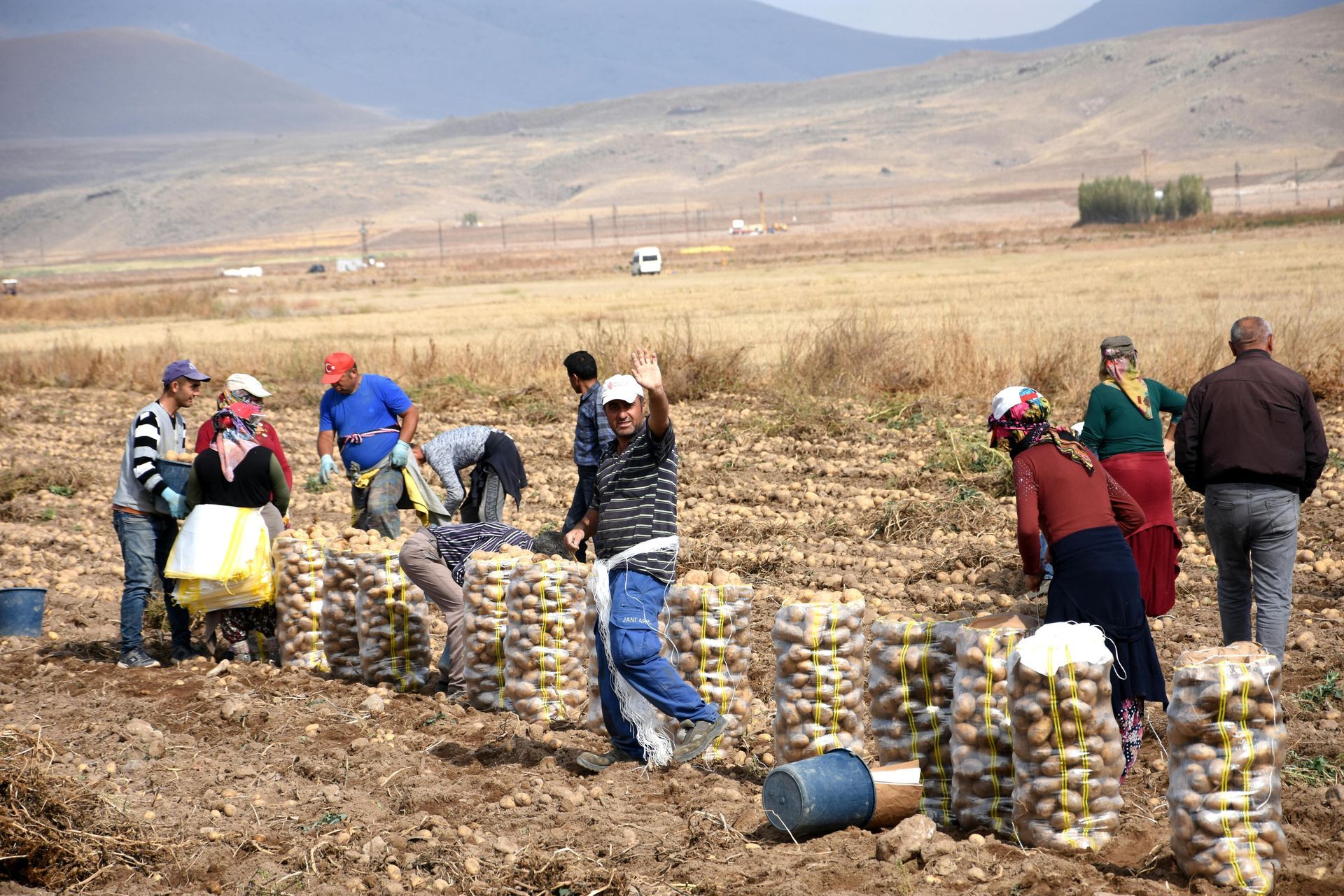How Human Trafficking Victims Rebuild Careers After Abuse🦋
Human trafficking victims, some who have survived horrific, unimaginable abuses such as rape, beatings, and being denied food or shelter, often encounter even more obstacles when trying to reintegrate back into society. Many attempt to rebuild their careers or get back into school. Unfortunately, this doesn't always come easily.
After the abuse ends, many survivors are still dealing with unfair criminal records or long breaks from school and work after being trapped for years.
In Pontiac, Michigan, organizations like Hope Against Trafficking offer survivors a safe space where they can learn new skills and start over. In this post, we'll show how career recovery is possible when victims have a strong support system to lean on.
Key Takeaways
- After escaping abuse like commercial sex acts, trafficking survivors often face stigma, trauma, and criminal charges due to their trafficker.
- Federal programs like the Victim Assistance Program and local Michigan organizations such as Hope Against Trafficking offer therapy, job training, GED classes, language lessons, mentorships, and access to healthcare for survivors.
- Victims grow their confidence within programs that teach job skills like data entry or customer service.
- Mentorship and mental health services help survivors process emotional wounds and heal while learning the needed skills to re-enter the workforce.
- Donations fuel the recovery programs that support survivors of sex and labor trafficking.
Challenges Faced by Survivors in Rebuilding Careers
Victims of trafficking will need to overcome many obstacles when rebuilding their careers, including lack of confidence.
Overcoming stigma and trauma
After escaping a trafficker, stigma and trauma do not just end. After experiencing use of force, forced labor or sex acts, victims are juggling a combination of judgment from others as well as deep wounds from within.
Mental health experts work with victims to process psychological trauma, while also working with law enforcement officials and business owners who are willing to hire victims of human trafficking. Survivors celebrate simple steps forward, for example, buying their first car or rebuilding their credit after escaping human traffickers.
Your donations can help these survivors restart their lives and overcome stigma to begin a path towards a more hopeful future.
Addressing gaps in education and job experience
Many victims of human trafficking end up with large gaps in their education or job experience due to involuntary servitude. Human traffickers often use force, threats, and debt bondage to keep their victims out of school or work.
Some are stripped of their identification documents, or locked inside homes, forced to work long hours with few to no breaks. In cases of labor trafficking or domestic servitude, traffickers isolate their victims, hiding them away from the world.
This results in survivors having a lack of skills, education, and no one to turn to when they do finally escape. You can help close this gap through donations to organizations like Hope Against Trafficking.
Local groups like Hope offer skill-building programs, GED classes, workforce training, childcare assistance, mental health care, and mentorships to help get victims back on their feet, as quickly as possible.
Support Systems for Career Recovery
In order to rebuild their careers, survivors need a strong support system. This includes vocational training programs and mental health resources, as well as skill-building.
Hope Against Trafficking offers skill-building, trauma-informed care and even residential programming to help women and exploited children reclaim their lives. You can support victims as they gain useful job skills, improve their credit scores, and hit new milestones.
Federal law enforcement agencies, like the Department of Homeland Security and Immigration and Customs Enforcement, may also connect victims of human trafficking with various training resources.
Donating to service providers like Hope supports programs that teach women and men in need skills like data entry, customer service, or other vital careers needed in Michigan. Many survivors begin learning English to overcome future barriers.
With your help, more victims will grow and become valuable assets to local Michigan communities.
Access to mental health resources and mentorship
Having access to mental health resources helps survivors process their trauma. Hope Against Trafficking offers these resources through counseling and trauma-informed care personalized to each person’s experience.
Survivors tend to feel isolated after what they have gone through, however, having a mentor can make a big difference, giving them guidance, support, and encouragement throughout their recovery.
You can play a key role in this process by contributing to groups that support victims and their recovery. Your donations ensure that victims of human trafficking can get both the emotional support and practical skills they need to start rebuilding their careers.
Lift Up Survivors
Women and men that have experienced human trafficking show remarkable strength as they rebuild their careers. They are not only battling internal trauma, but they are also overcoming obstacles like past criminal records that make starting over difficult.
With the right resources, survivors can move past these hurdles and get a second chance at life. By contributing to local Michigan organizations like Hope Against Trafficking, you're becoming a part of their recovery, and creating safe spaces for healing and growth.
FAQs
1. What steps can a victim of human trafficking take to rebuild their career after abuse?
Victims can start rebuilding by connecting with organizations that provide job placement support, mental health services, and connections to additional resources in their local area, or recommended by the U.S. Department of Justice.
2. How do language barriers affect victims trying to find work?
Language barriers make it harder for those involved in cases of human trafficking or domestic violence to get help from U.S. Immigration or apply for jobs. Some organizations can provide translators or English classes as part of their support.
3. Can federal agencies assist with employment for victims?
Yes, the Federal Bureau of Investigation, Department of Labor, and the Department of State can recommend programs to victims. The National Human Trafficking Resource Center can also assist.
4. Where can I find additional information about rebuilding my career after falling victim to human smuggling?
Reach out to local anti-trafficking organizations that can provide you with resources and access to mental healthcare. You can call the National Human Trafficking Hotline to find these local groups as well. If you are a victim of criminal activity or sexual assault, don't hesitate to ask for help.






